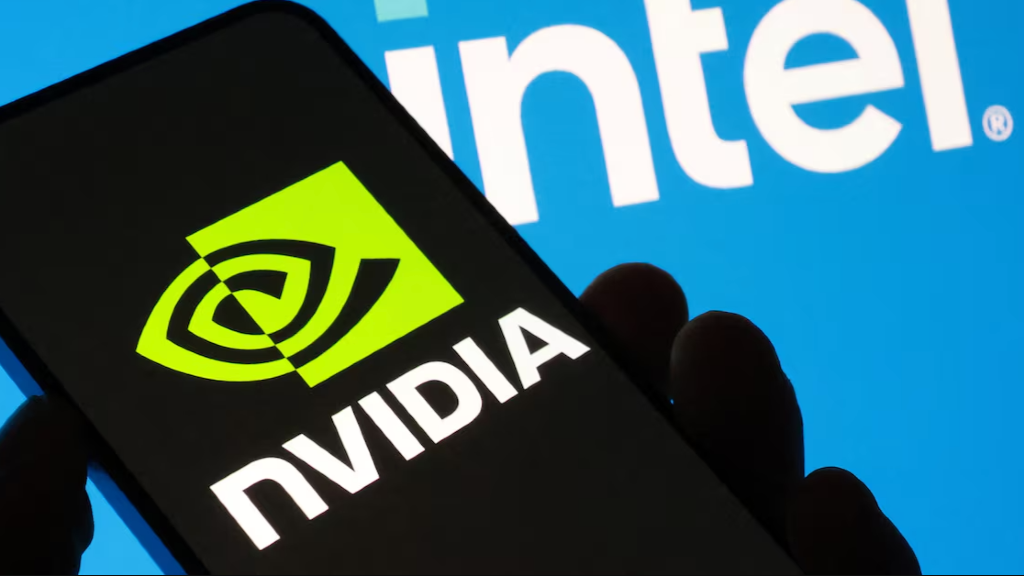COINTIKA.COM - Nvidia's recent $5 billion investment in Intel sent shockwaves through the tech world, with Intel's stock price surging as much as 30% on the news. This strategic move, granting Nvidia a 4% stake in Intel, signals a significant partnership. However, some analysts question whether this substantial investment truly addresses Intel's most pressing challenge: the struggling Intel Foundry Services division.
"This is a business that will continue to bleed cash at least through 2027," CFRA analyst Angelo Zino commented to Yahoo Finance, highlighting the ongoing financial strain on Intel's manufacturing arm.
The agreement outlines a collaborative effort. Nvidia will integrate Intel's CPUs into its AI data center server systems, while Intel will utilize Nvidia's AI technology in its PC semiconductors. However, notably absent from the announcement is any direct mention of revitalizing Intel Foundry Services (IFS), the contract chip manufacturing division that has been a major source of concern for investors and the U.S. government. IFS has incurred significant losses, totaling $13 billion in fiscal year 2024, up from $7 billion in 2023, contributing to a 60% plunge in Intel's stock price last year. These losses ultimately led to the ousting of former CEO Pat Gelsinger in December.
Intel's foray into contract manufacturing began in 2021 under Gelsinger's leadership, with the ambitious goal of reviving the company's fortunes by investing hundreds of billions of dollars in new factories to produce chips for external clients. However, a lack of substantial customer commitments hampered this strategy, leaving IFS grappling with substantial financial setbacks. [Source: Wall Street Journal, "Intel, Gelsinger, Nvidia Turnaround"]
The future of Intel Foundry Services remains a central point of debate among Wall Street analysts. Some advocate for its sale, while others argue that divesting this division would significantly increase Intel's manufacturing costs due to lost economies of scale. The division's continued losses pose a significant risk to Intel's overall financial health. [Source: Yahoo Finance, "How Innovation Died at Intel"]
While Nvidia and Intel CEOs acknowledged the possibility of future collaboration between Nvidia and IFS during a press conference, they confirmed that their immediate chip production will partner with TSMC, Intel's main competitor in advanced semiconductor manufacturing. This highlights the ongoing challenges faced by Intel's manufacturing capabilities.
The situation carries geopolitical implications. Intel is the sole remaining large-scale, leading-edge U.S. chipmaker, supplying chips to the Department of Defense. The dominance of Taiwan Semiconductor Manufacturing Company (TSMC) in the global advanced chip market underscores the strategic importance of a thriving domestic chip industry for the U.S.







